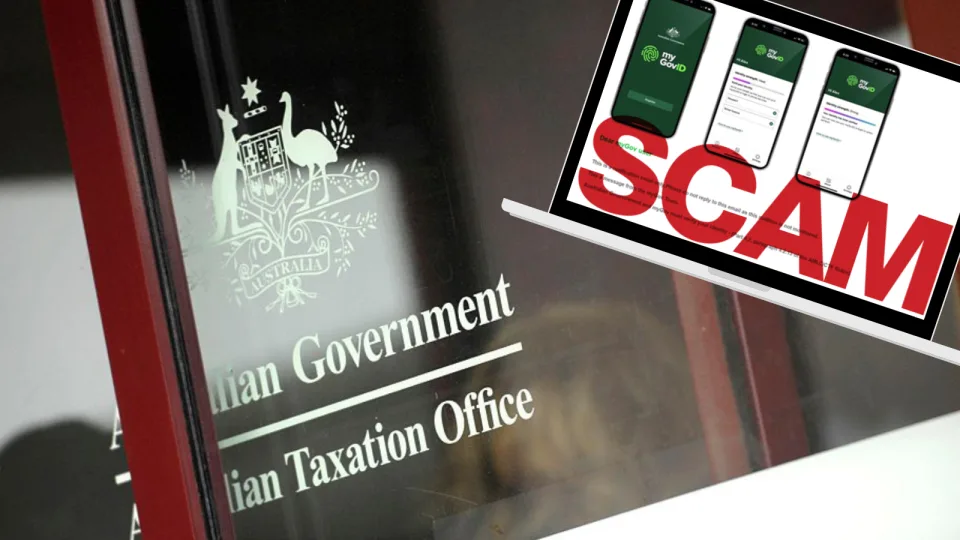Government warns of ‘malicious’ MyGov scammers
The Government says the ATO or MyGov will never send an email or text message with a link to sign in to MyGov.
The ATO has received a large number of reports of scammers using fake MyGov sites to steal MyGov sign-in details, which can be used to commit tax and refund fraud in other people’s names. These criminals will often use text message or email to lure people into clicking a link using phrases such as ‘You are due to receive an ATO Direct refund’ or ‘You have a new message in your MyGov inbox – click here to view’.
The Government has urged Australians to be vigilant regarding scammers who target ATO log-in details to commit tax fraud.
Last year, the ATO introduced new fraud controls to help protect Australians from online identity theft. This included using MyGovID to strengthen security during the sign-in processes on MyGov accounts, making it more difficult for criminals to gain access.
The ATO warns taxpayers that early access to Super is illegal
It is a significant impact on super members
Super funds should remind members that super is for retirement. Members need to meet very strict conditions to access their super early, and accessing their super outside of these strict conditions is illegal.
However, faced with tough times, some people may be thinking about accessing their super early.
Taxpayers may have been approached by someone (a ‘promoter’) claiming that members of super funds can withdraw their super or use an SMSF to pay off debts, buy a car, or pay for a holiday. If a promoter gets a member to provide them with enough personal information, they may also steal their identity and use it to access their super for themselves.
Illegal early access to super can have a significant impact on members’ retirement savings, result in additional tax, penalties and interest, and lead to members being disqualified from ever being able to be an SMSF trustee again. When a trustee is disqualified, their name is published and this can affect their personal and professional reputation.
The SFCT warns businesses using false invoicing arrangements
” they will get caught and face the full force of the law.”
The Serious Financial Crime Taskforce (‘SFCT’) is warning businesses about using illegal financial arrangements such as ‘false invoicing’ to cheat the tax and super systems.
False invoicing arrangements may consist of the following:
- an entity (the ‘promoter’) issues invoices to a legitimate business but no goods or services are provided;
- The business pays the invoices, by cheque or direct transfer, and the promoter returns most of the amount paid to the owners of the business as cash;
- The promoter keeps a small amount as a commission;
- The business then illegally claims deductions and GST input tax credits from the false invoice; and
- The owners of the business use the cash they have received for private purposes or to pay cash wages to workers, and do not properly report the amounts in their tax returns.
Ref: ATO website
Please contact Wiselink Accountants if you require further information









